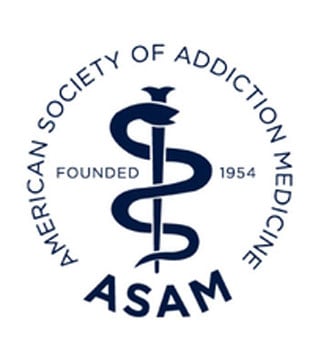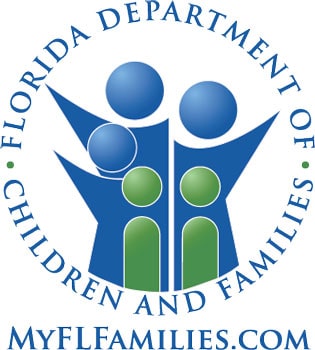Cognitive Behavioral Therapy (CBT)

When a person understands why they feel or act a certain way — and how those feelings and actions contribute to substance use and mental health disorders — they are better equipped to recover. At its core, cognitive behavioral therapy, an essential treatment modality at Hanley Center, aims to address this specific goal.
What is CBT?
CBT is a psychotherapeutic intervention (talk therapy) that helps patients identify and change unhealthy thought patterns that negatively affect their behavior and emotions. We teach patients to identify, challenge, and replace harmful thoughts with objective ones through this helpful approach.
CBT is an evidence-based technique that helps patients overcome their irrational emotions (cognitions) and behaviors (actions). It is a cornerstone of addiction treatment because it’s an intervention for change that can integrate into any treatment plan, whether on an inpatient or outpatient basis. People undergoing cognitive behavioral therapy can expect their therapist to be solution-focused and goal-directed as they help address the challenging symptoms of mental illness. CBT is an active intervention, which means people continue practicing outside of sessions with their therapist, either while in treatment or at home.
Treatment Modalities
Alongside substance use, CBT also treats co-occurring disorders such as:
- Anxiety
- Bipolar disorder
- Obsessive Compulsive Disorder (OCD)
- Post-Traumatic Stress Disorder (PTSD)
- Attention Deficit Disorder (ADD)
- Problem gambling
- Video game addiction
- Compulsive shopping
- Food addictions
- Other types of harmful or excessive behaviors
How Does CBT Work for Mental Health Disorders?
Many harmful or irrational feelings and behaviors may come from past experiences or traumas that can become deeply rooted in our psyche. Our caring therapists first work to help each patient identify their negative “automatic thoughts.” These automatic thoughts are based on impulse and often come from internalized shame, self-doubt, or fear. Many people with mental health or substance use disorders may try to self-medicate these painful emotions by drinking or misusing drugs. By reassessing negative thoughts and framing them in a new way, cognitive behavioral therapy can reduce the pain they cause and learn new, positive replacement behaviors.
CBT at Hanley Center
Hanley Center uses CBT as one of our key treatment modalities because it is a well-researched modality which examines the relationship between thoughts, feelings, and actions. Our patients learn to challenge their thoughts and improve their coping skills by exploring patterns that lead to self-sabotaging actions and beliefs. We incorporate CBT into our highly individualized treatment plans and help each patient identify the unique self-defeating behaviors driving their substance use and mental health disorders.

CBT & Mental Health Disorders
No matter who you are, negative thinking is an obstacle to change. Negative thinking patterns can exacerbate many illnesses, including depression and anxiety, as well as lead to risky drinking or drug use. These powerful, destructive thoughts are common among people with addiction, and all-or-nothing thinking often contributes to the powerlessness they experience around their drug of (no) choice.
All-or-nothing thinking is an extremely common negative thought pattern. An example of all-or-nothing thinking is, “If I can’t do something perfectly, I shouldn’t even try.”
Most of us are familiar with these types of thoughts, but for people with addiction or mental illnesses, they can be deadly. These types of ideas can drive someone away from engaging in healthy recovery altogether. By taking note of when these types of thoughts come up, CBT can help a person develop new perspectives that can change their overall response to life.
CBT Works Quickly – But the Benefits Last a Lifetime
CBT is effective because it is more highly focused than many other therapeutic modalities. CBT sessions are relatively short-term in nature, with weekly sessions lasting between 30-60 minutes. These techniques can also be effectively practiced between sessions. In Hanley’s inpatient and outpatient programs, cognitive behavioral therapy can help each patient develop new approaches that will lead to a lifetime of success.
Hanley Center: Most Insurance Accepted
Address: 933 45th Street
West Palm Beach, FL 33407




